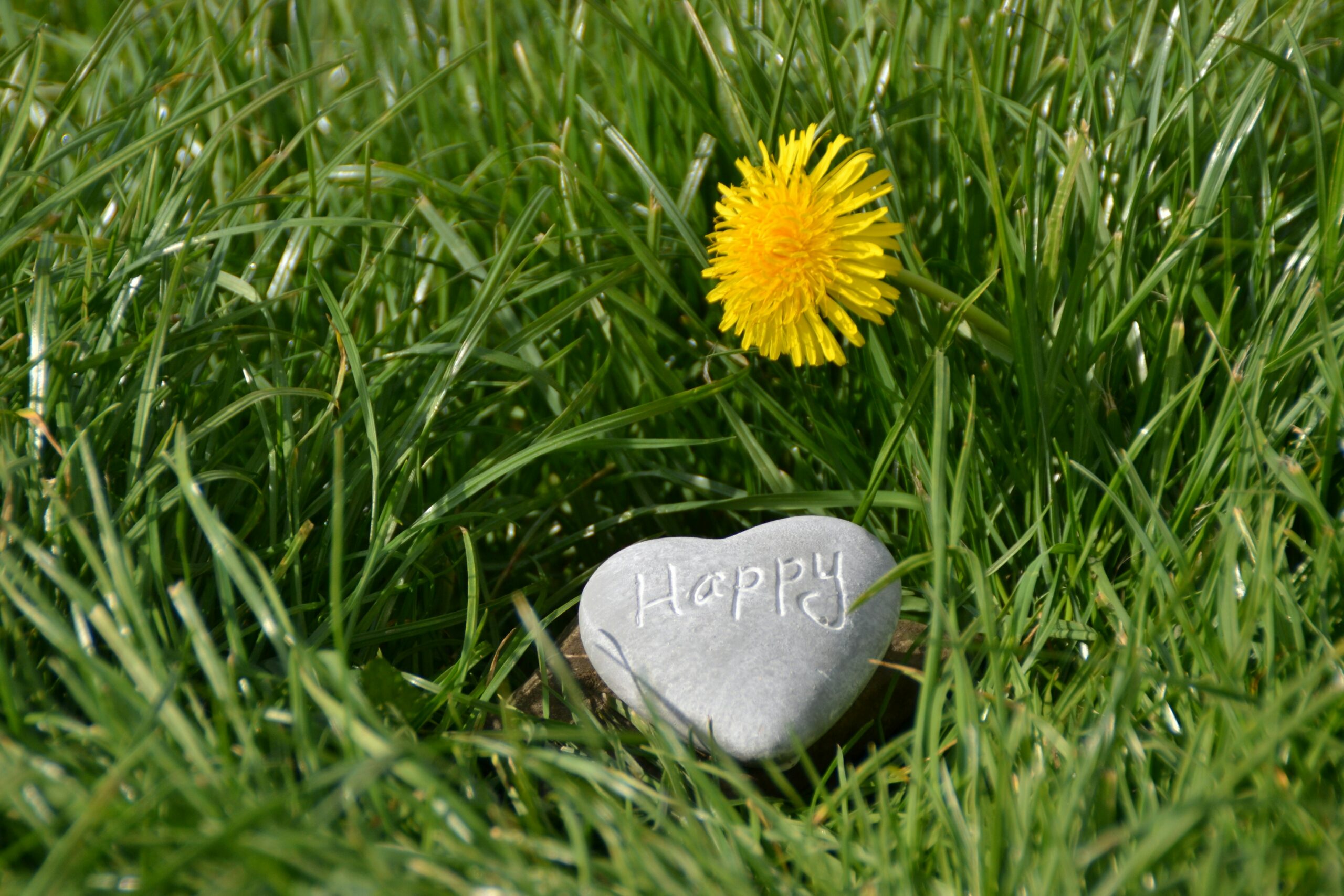The Illusion of Material Happiness: A Pursuit of Experiential Fulfillment
In the pursuit of financial freedom, a constant debate arises: what is the relationship between material satisfaction and happiness? Many believe that possessing vast wealth equates to a happy life, but is this truly the case?
Materialism vs. Experience: Divergent Paths
Let’s first clarify the concepts of “material” and “experience.” “Material” refers to tangible assets like property, cars, and designer clothes, which can enhance our comfort and convenience. However, material satisfaction is often fleeting; as the novelty wears off, the associated joy gradually diminishes. It’s like a child receiving a coveted toy; the initial excitement fades with use, prompting a search for the next thrilling experience.
On the other hand, “experience” encompasses the events and activities we encounter in life, such as traveling, learning new skills, and social interactions. These experiences enrich our knowledge and emotions, shaping our perspectives and values. Unlike the transient pleasure of material satisfaction, the fulfillment we gain from experiences tends to be long-lasting and continually appreciates over time. Like reading a great book, the insights and inspirations it provides stay with us throughout our lives; or like conquering mountains with friends, the sense of accomplishment and deep camaraderie become cherished memories.
Case Study: Material Trap vs. Fulfilling Experiences
Li Ming is a quintessential “materialist.” He works hard, earns a substantial income, but spends most of it on luxury goods, living an extravagant lifestyle. He believes that owning expensive items signifies his status and brings happiness. However, Li Ming’s social circle shrinks as his ostentatious behavior alienates those around him. He also feels empty inside, as material accumulation fails to fill the void in his spirit. As the writer Bacon aptly stated, “The more you chase wealth, the more thirsty you become, like seawater.”
In stark contrast is Wang Hui. Though her income is modest, she prioritizes an experiential lifestyle. She enjoys traveling, learning photography, frequently participates in outdoor activities, and constantly explores the unknown world. These experiences not only broaden her horizons but also introduce her to like-minded friends. In her spare time, Wang Hui learns new languages, interacts with people from diverse cultures, and understands different customs. During vacations, she backpacks through pristine forests, immersing herself in nature’s grandeur. She also volunteers, helping those in need and contributing to society. Despite lacking fancy cars and mansions, Wang Hui exudes an unwavering optimism and inner happiness.
Experiential Life Enabled by Financial Freedom
Financial freedom doesn’t imply a frugal existence; it empowers you to choose your desired lifestyle. When you break free from the shackles of earning a living, you gain more time and energy to pursue your passions and experience a richer, more diverse life. You can travel the world, explore different cultures, and absorb the richness of history and exotic customs. You can acquire new skills, enriching your mind, such as learning an instrument to cultivate your soul or mastering a practical skill to enhance your career prospects. You can cherish moments with family and friends, creating beautiful memories together. You can dedicate yourself to philanthropic endeavors, contributing to society and experiencing the joy and fulfillment of helping others.
Financial freedom allows you to pursue higher-level life goals, making your life more fulfilling and meaningful. As the adage goes, “True wealth is not what you have, but what you can experience.”
Conclusion: Invest in Yourself, Reap Long-lasting Happiness
On the path to financial freedom, we must adopt a sound perspective on wealth. Material possessions are undoubtedly important, providing basic security and a comfortable lifestyle. However, they are merely one aspect. More importantly, we must learn to invest in ourselves, continuously learning, growing, and accumulating spiritual wealth. Only then can we break free from material constraints, achieve lasting happiness, and live the life we truly desire.
Action Guide: Embark on an Experiential Life Journey
- Create a list of desired experiences, such as places to travel, skills to learn, and volunteer activities to pursue.
- Develop a financial plan, calculating the funds needed to achieve these goals and establishing a savings plan. Consider methods like the 52-week savings challenge to gradually accumulate wealth.
- Explore ways to increase income, such as acquiring new earning skills or finding part-time opportunities.
- Cultivate sound spending habits, avoiding impulse purchases, and redirecting saved funds towards self-investment and enriching experiences.
- Join like-minded individuals. Participating in travel groups, learning associations, or volunteer organizations can connect you with others who share your interests, providing mutual encouragement and support as you pursue an experiential lifestyle.
Financial freedom is not an overnight achievement; it’s a journey that requires long-term planning and perseverance. The key is to find a suitable financial management approach and enjoy the process of pursuing financial freedom. As you learn to control your material desires and channel your finances towards self-investment and enriching experiences





